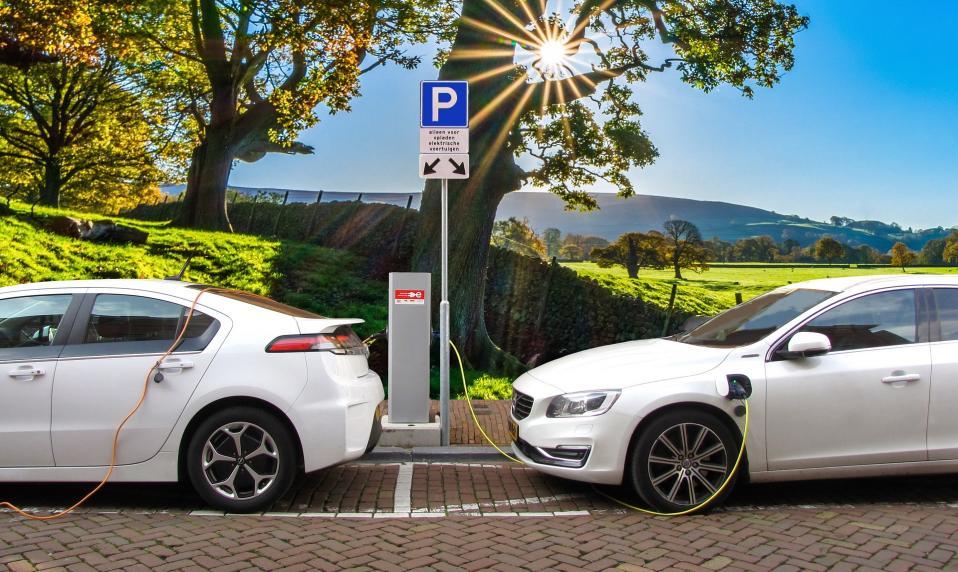TOKYO -- An international conference on fuel cells that is scheduled to open here Wednesday is set to call for powering 10 million vehicles -- including trains, planes and automobiles -- with the environmentally friendly technology in 10 years, Nikkei has learned.
Currently, only around 10,000 vehicles around the world run on fuel cells, which use hydrogen to produce electricity without emitting Earth-warming carbon dioxide.
Japanese Industry Minister Isshu Sugawara will chair the second Hydrogen Energy Ministerial Meeting that will be attended by officials from the U.S., Europe and the Mideast. He has included the 10 million goal in his draft chairman's statement, which also includes a goal to increase the number of hydrogen fueling stations to 10,000 in 10 years. There are now several hundred fueling stations globally.
The goal of 10 million vehicles is not a commitment, but is seen as an ambitious, common global target, the draft notes.
Toyota Motor introduced the first mass-produced fuel cell vehicle in 2014. Japan has considered the technology important even as battery-powered electric vehicles have been widely adopted overseas.
The chairman's statement will also include a call for common standards and research agenda.
The meeting will endeavor to map out what a hydrogen supply chain might look like. Hydrogen is produced by the electrolysis of water, and once liquefied is easy to transport and store. The draft statement raises the possibility of cross-border trading and calls for determining international shipping routes and support for market trading.
One issue for fuel cell vehicles has been cost -- Toyota's fuel cell vehicle, the Mirai, has a sticker price of more than 7 million yen ($65,000), about 3 million more than a conventional hybrid. The Japanese government believes that by expanding the market, costs will fall, creating a positive feedback cycle.
In the U.S., there are around 25,000 fuel cell forklifts in operation. These types of industrial vehicles are included in the 10 million goal.

